We've talked before about what it means to be what the scientific literature calls a “second victim.” As a recent article in the British Medical Journal highlighted, there's some controversy around that term, and I respect the varied viewpoints in that debate. (CLICK HERE) Nonetheless, I'm not ready to discard the term altogether, because it captures the fact that for the healer confronted with an adverse patient outcome, especially if they wonder if they might have had a hand in it or could have prevented it, often there is a sense that something traumatic has happened to them as well. Just as we want to fully address that patient outcome and any patient safety concern it potentially raises, I believe we have an obligation to address any resultant injury to the healer for their sake as well as that of future patients. The injury is, in my view, an occupational injury.
As I've written in the past, a wide array of emotions emerges, sometimes very rapidly and forcefully, in the aftermath of an unforeseen adverse patient outcome. Right now, we're going to focus only on guilt and shame and distinguish between them. Frequently, shame and guilt emerge in tandem and feel so closely related that we assume them to be one in the same. In actuality, they are two very different things, requiring two entirely different approaches to healing. In other words, if we want to thrive, we'll have to address them differently.
What is Guilt?
Smart people from shame researcher Brene Brown to pilot and systems safety expert Sidney Dekker tell us that guilt describes a sense that I've done something wrong or made a mistake. Whether or not I've actually made one, guilt is the feeling that I have. There was a very interesting essay recently published in JAMA by a psychiatrist on the connection between guilt and a search for goodness, and the role of guilt in many physicians' lives (CLICK HERE). Having experienced this whirlwind of emotion myself, I can vouch for the fact that the feeling of guilt which emerges is a powerful force.
What is Shame?
Shame is another story altogether. Shame is the sense that I am what is wrong. I am the mistake. You can see where that would run down all kinds of dangerous paths, right? It might rapidly turn into abusive self-talk (yes, it is possible to foist verbal abuse on yourself – in fact, lots of us do it every day!). It may prompt us to turn on ourselves with words like, “I'm a loser,” “I don't belong in medicine at all,” and “Who do I think I am to operate on patients?” That abusive self-talk is often just another way shame has of saying, “I am the mistake,” and unaddressed, shame can lead to isolation, depression, anxiety, and even suicide.
In the future we'll delve further into what each of those emotions calls forth in us in order for us to heal. For today, I want you to just take note of the difference between guilt and shame.
As you go through your daily life, whether or not you're grappling with an adverse patient outcome, I want you to ask yourself how you think of yourself and those around you when you believe that you or they have not met whatever standard you harbor.. Are you thinking, “I'm a loser” or are you thinking “I've got room to grow”? Are you thinking, “they're a failure” or are you open to, “they've got room to grow."?



